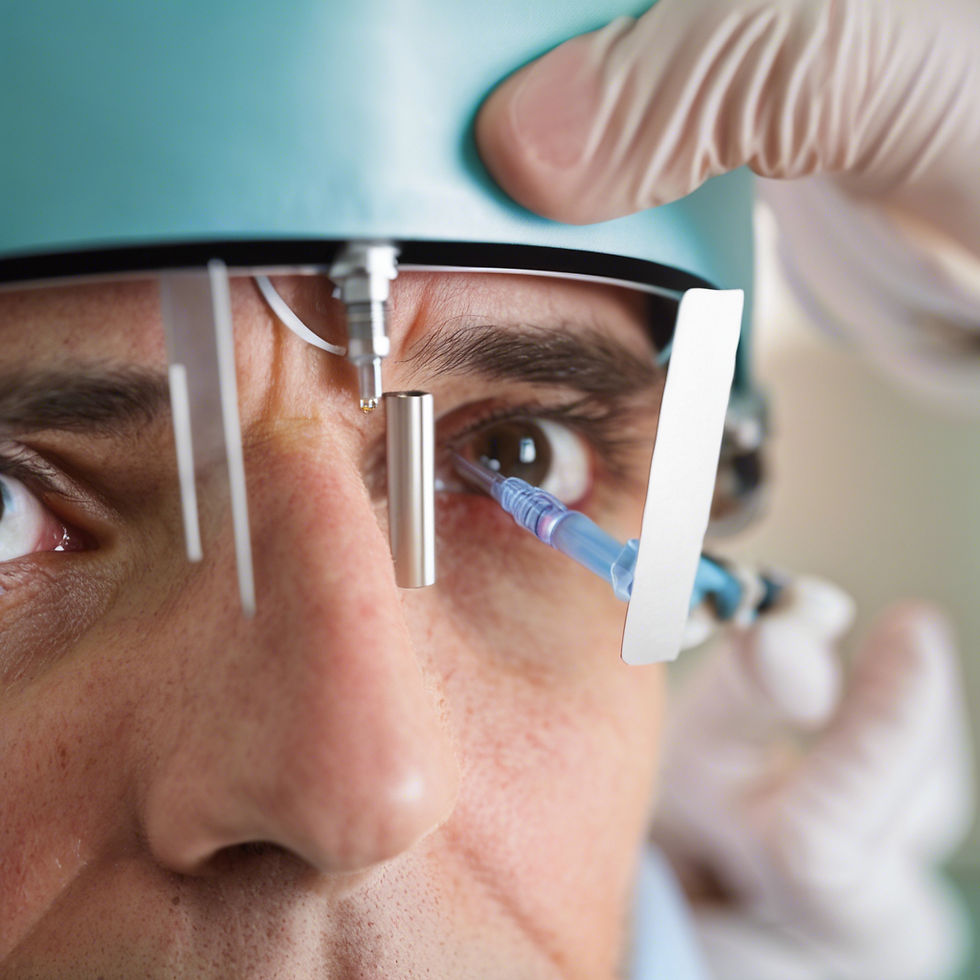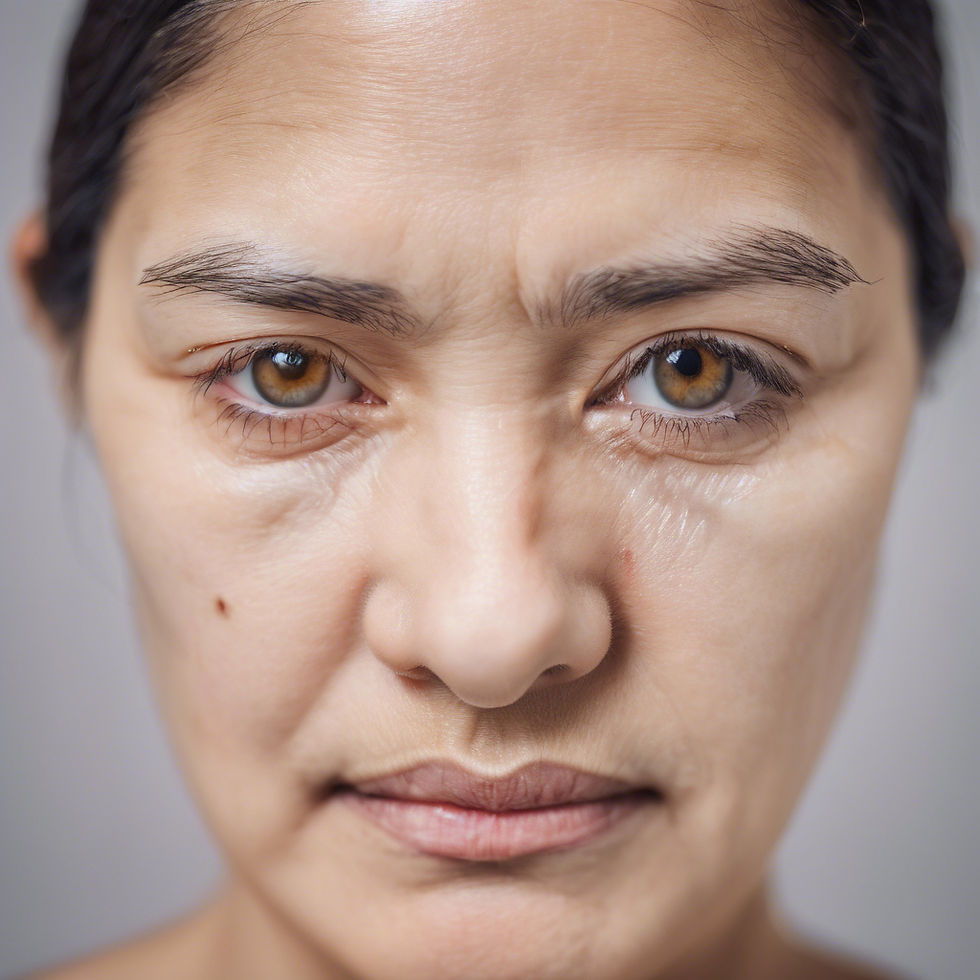Basal Cell Carcinoma of the Eyelid: 5 things that Colorado patients should know
- Chris Thiagarajah MD
- Dec 20, 2015
- 3 min read

Basal Cell Cancer of the Eyelid
Patients who are diagnosed with basal cell cancer of the eyelid are often unaware of the implications of having basal cell carcinoma. Here are a couple important things to know about basal cell carcinoma of the eyelid that every patient should know. As an oculoplastic surgeon in Colorado, I see a lot of eyelid cancer and it is the most common thing I treat.
Basal Cell Carcinoma or Cancer of the eyelid will not kill you
When we hear the word cancer, we tend the associate that word with death. The good news is that basal cell carcinoma of the eyelid is not associated with death or metastasis. Metastasis is when a cancer spreads to other parts of the body such as organs. This usually results in dysfunction of the organ. If the organ is damaged severely such as the liver , lung or brain it can result in death. The good news is that basal cell carcinoma of the eyelid does not generally spread to other parts of the body. That is the best reassurance I tell patients that this will not be something that they die of.
Many patients believe initially that basal cell carcinoma of the eyelid is a stye
Many patients who have skin cancer of the eyelid often think that their skin cancer was initially a stye. There are a few reasons for this. First off, the most common lesion or growth on the eyelid is in fact a stye so most patients think that growths on the eyelids have to be stye. There are couple key differences between a stye and a basal cell cancer. First off, the styes are often initially painful whereas skin cancer is not. Styes do not bleed, wheres skin cancers do bleed. Finally, styes do not result in eyelash loss usually but skin cancer certainly can. For patients who have eyelash loss, bleeding or a painless growth I recommend getting the lesion biopsied so it can be checked
If detected early, basal cell carcinoma of the eyelid can be removed with minimal cosmetic implications
For patients who have eyelid basal cell carcinoma that is detected and caught early, removal results in a minimal change to appearance. It is only when the skin cancer is detected late that removal results in the eyelid being completely involved. Monitoring with your dermatologist or ophthalmologist can help to see if an eyelid cancer does occur. In Colorado where the rate is much higher due to increased sunny days and the higher altitude, an oculoplastic surgeon such as myself can remove the cancer and get you back to normal as fast as possible.
Patients with one eyelid basal cell carcinoma or cancer have a 50% chance of getting a second one
If you have an eyelid cancer, there is a 50% chance of getting a second one. This alone is the reason that patients with eyelid cancer history need to make sure that they are being monitored. It is critical to try to catch early any other eyelid cancer. This is usually done with a slit lamp exam in my office. Oculoplastic surgeons can also biopsy any suspicious lesion in order to remove it from the eyelid and have it studied to see if in fact it is an eyelid cancer or basal cell carcinoma.
Basal cell carcinoma is the most common eyelid cancer but there are other types as well
Basal cell carcinoma of the eyelid is the most common type of cancer. Though it can be remove by an oculoplastic surgeon such as myself, it is not the only type of cancer that can occur on the eyelid. The two other main types are squamous cell carcinoma and melanoma. Squamous cell carcinoma can spread along nerves to other parts of the face and sometimes body. Like basal cell carcinoma, it should be removed . Melanoma is a deadly cancer and involves removal along with treatment with radiation and chemotherapy. It is extremely serious and any new pigmented lesion or growth on the eyelid should be checked and biopsied by an oculoplastic surgeon. This is something that can be done in the office and takes 15 minutes to do.
Dr Thiagarajah is an oculoplastic surgeon in Denver Colorado. As an eyelid specialist he commonly treats eyelid cancer along with other eyelid procedures that are cosmetic and reconstructive. Dr Thiagarajah sees patients at his office at 1800 Emerson St Monday through Friday.




Comments